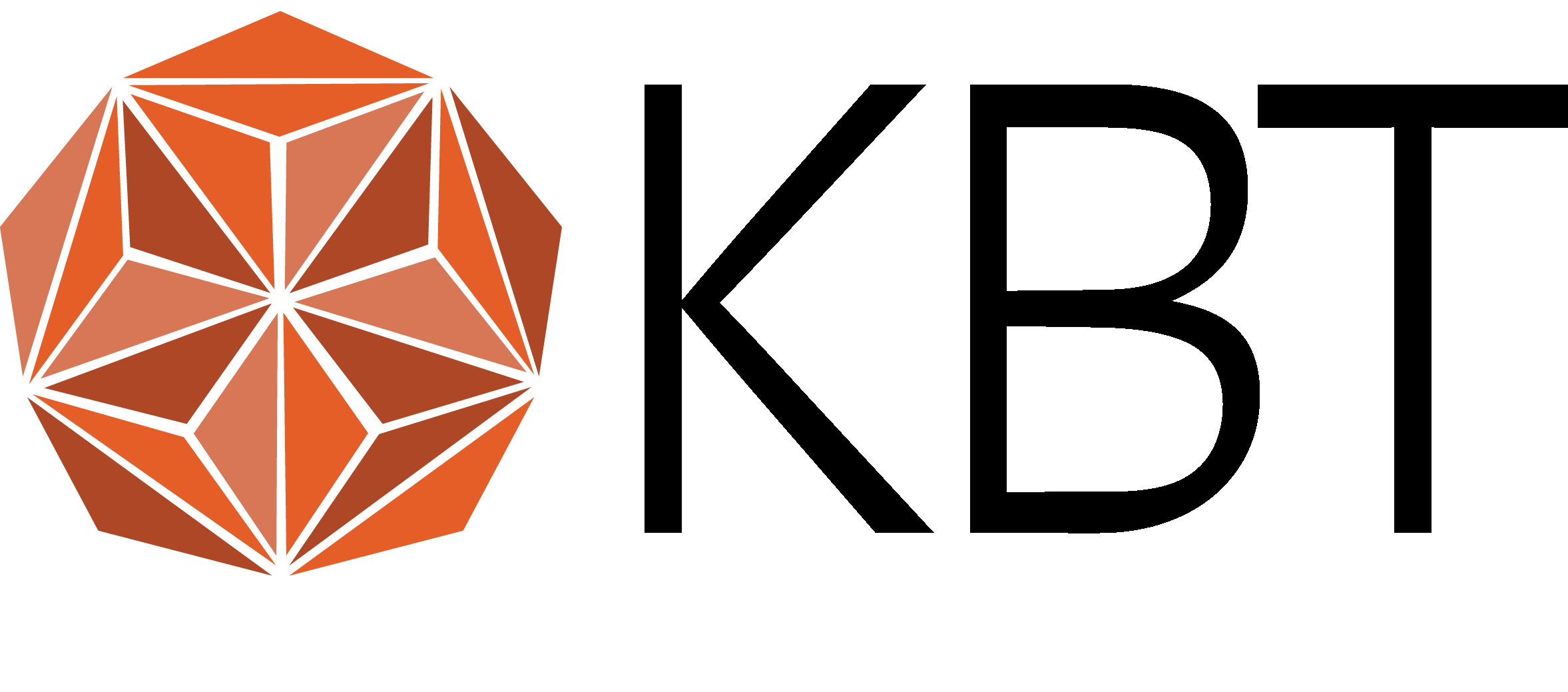Recovery in health care services
Text by Christina Kildal og Elisabeth Asphaug Rauboti. Translated by: Anne R. Benschop and Christina Kildal
Implementation of recovery-oriented practices in health care services presupposes a change in practice in the form of new procedures and routines. This requires elevation of professional expertise on recovery in order for the service to get recovery as a basic idea and method of action in treatment. “Sammen om mestring” [Together for Recovery] (2014) states that
“The recovery perspective assumes that the service provider considers the service user an expert on him/herself and conveys the belief that he or she can develop and get a better life. The relation between service user and service provider must be characterized by equality, openness, honesty and trust. The service provider must assist the service user in developing skills, networks and support, so that he or she can take responsibility for his or her own life”.
Implementation of Recovery
The guidelines further recommend cultural change in the services focusing on language, interaction and cooperation and integration of lived experience. In 2015, Sandnes municipality developed a guide for recovery-oriented practices where they describe the following with regards to implementation:
- Work on values.
- Integrate these values in practice.
- Design practices using systematic feedback, meaning continuously checking if the server user’s needs are met and adjust the practices according to his or her wishes and goals.
Complex problems
On October 3, 2017, Professor Kjell A. Rørvik held a lecture on “Conversion and Implementation: The difficult implementation in mental health work” at the conference «Utvikling og bruk av kunnskap i psykisk helsearbeid» [Development and use of knowledge in mental health work]. In his lecture, Rørvik points out that mental health and substance abuse are fields that deal with very complex problems and issues in terms of professions, cultures, geography, actors and departments. Rørvik therefore says that demands for streamlining in health care services and standardization thus give tension with recovery, and may pose a greater challenge with implementation of recovery-oriented practices.
Ways, methods and arenas that focus on this:
- Peer Support Specialists – Both politics and research emphasize employment of people with lived experience as an important factor in recovery-nurturing practices. Interaction with peers and meeting others with lived experience is valuable in the way that it gives an increased sense of understanding, recognition, inspiration, faith and hope of getting better. Peer Support Specialists can work in several ways as bridge builders between service users and service providers as well as contribute to attitudinal changes in the services.
- Recoverymentor (Denmark) – Recovery mentor is an example of peer support where peer support specialists are hired in housing, in-patient treatment and FACT in Denmark. Here they work with individual conversations, course of group treatment and teaching others about recovery, and act as a link between patients, employees, relatives, the community and services. The services experience that recovery mentors help strengthen the understanding of patients and citizens, increase hope for patients and employees, increase focus on resources and opportunities, bring attention to terminology and procedures, as well as reflect on how employees think and practice.
- Erfaringsskolen [The school of Lived Experience] – A pilot project aiming to give people with experience as service users in mental health and/or drug abuse a professional basis that enable them to provide peer support. Through practice the students will experience how to utilize lived experience when meeting users/patients. The school runs over 15 weeks with teaching and practice three days a week. Funded by innovation funds from the County Governor of Oslo and Akershus.
- Medarbeider med brukererfaring (MB) [Peer Support Provider] in Bergen – This program qualifies participants to work in interdisciplinary rehabilitation in mental health and drug abuse services. The participants learn to use their lived experience as competence based on knowledge from their own recovery process. The program runs over 12 months and corresponds to a 50 % working position. The program consists of theory, practice and a project assignment.
- IMR(Illness Management and Recovery) – Treatment and approaches that take place individually and in groups, with focus on self-determination, empowerment, knowledge about own illness, motivational techniques and cognitive strategies.
- MI (Motivational Interviews) – Conversation between professionals and service users with focus on motivation, change and coping. The purpose of this method is to make the service user reflect on his or her life and to create a desire for change, as a professional avoids conducting routines, argumentation, persuasion and solutions. Key elements are acceptance, curiosity, compassion and partnership.
- Reflection cards – Tools to stimulate discussion about recovery in services, for both leaders and employees in collaboration with service users. The cards consist of statements and issues that deal with definitions of the concept, values, attitudes, user perspectives, ethics and recovery-oriented practices.
- Peer-driven measures
- Learning networks, networking and conferences
- Kommunalt Recoveryorientert Nettverk (KRON) [municipal recovery-oriented network] – Bydel Gamle Oslo, Health Council in Oslo, Bærum Municipality, Asker Municipality, Sandnes Municipality and Bergen Municipality in cooperation with NAPHA [Norwegian resource centre for community mental health] and University College in Buskerud and Vestfold.
- Kommunesektorens organisasjon (KS)’ læringsnettverk “Recovery” [The Municipal Sector Organization (KS)’ learning network].
- Regional recovery network: KBT has taken the initiative to create a recovery network for the region of Central Norway, which aims to gather actors with an interest in recovery in the field of mental health and substance abuse, with a goal to develop and exchange expertise in this area.

